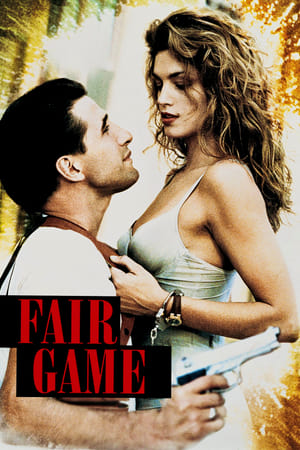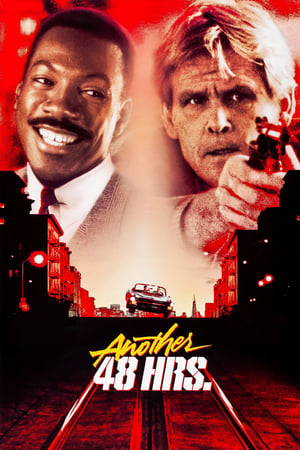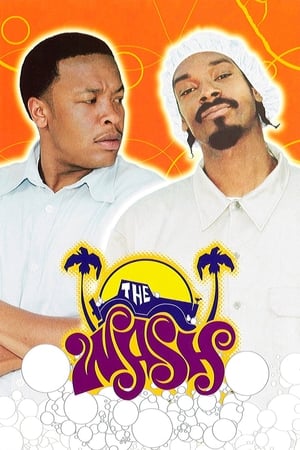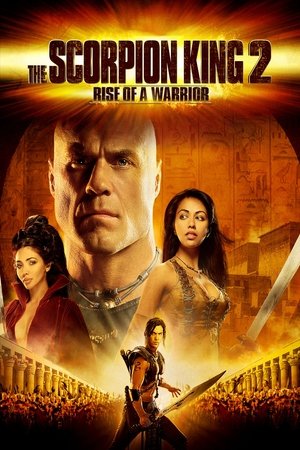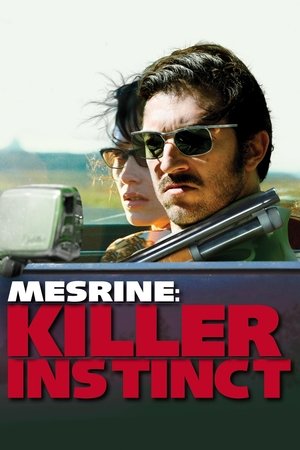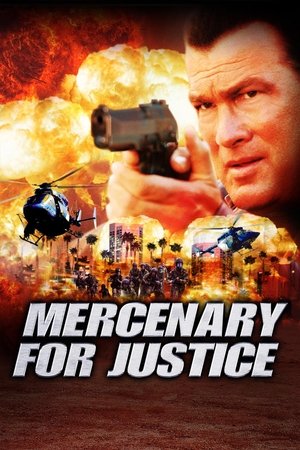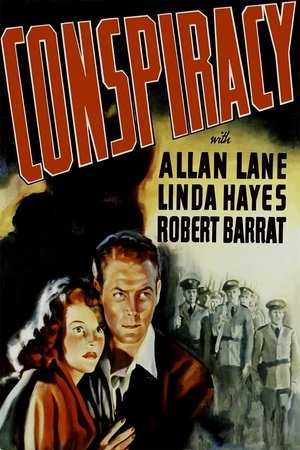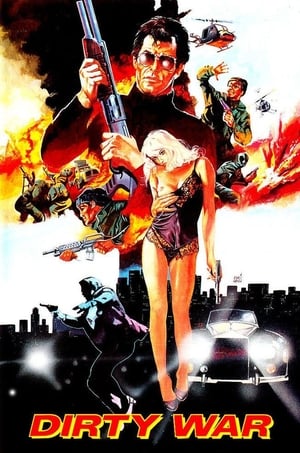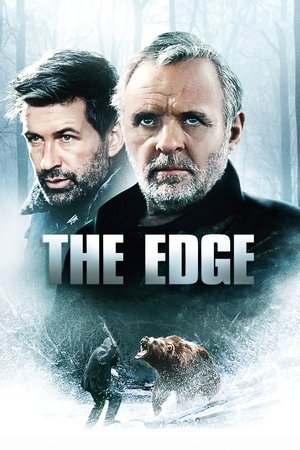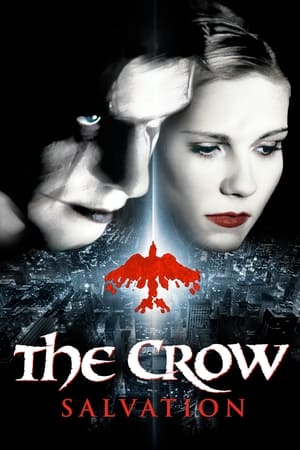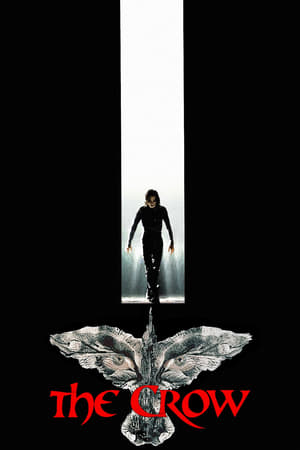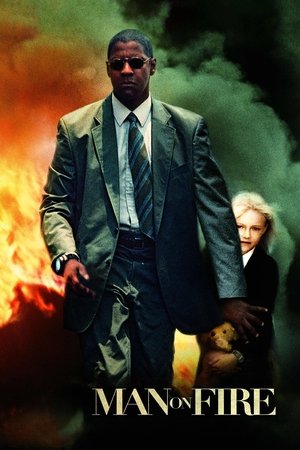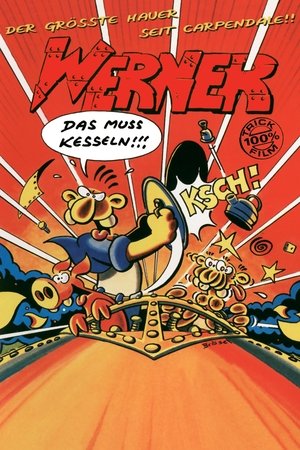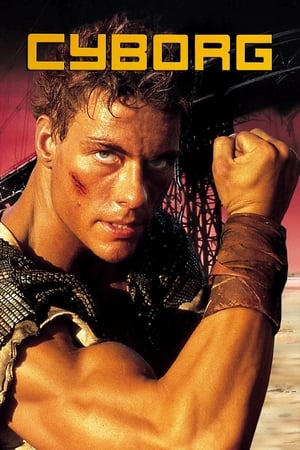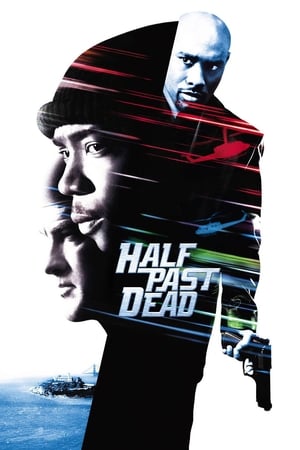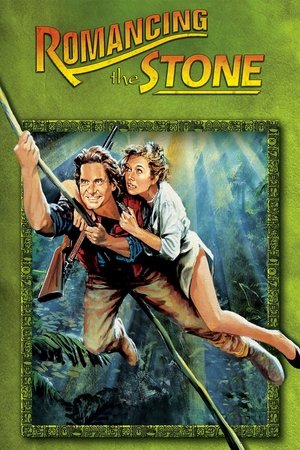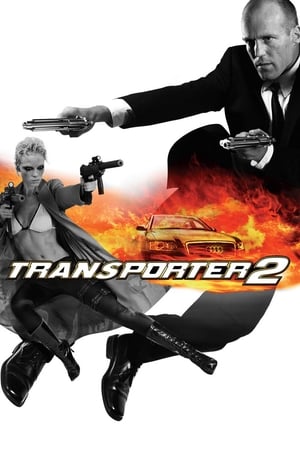Overview
Raven Shaddock and his gang of merciless biker friends kidnap rock singer Ellen Aim. Ellen's former lover, soldier-for-hire Tom Cody, happens to be passing through town on a visit. In an attempt to save his star act, Ellen's manager hires Tom to rescue her. Along with a former soldier, they battle through dangerous cityscapes, determined to get Ellen back.
Reviews
Bombers, Blasters, Attackers and Streets of Fire.
Streets of Fire is directed by Walter Hill who also co-writes the screenplay with Larry Gross. It stars Michael Paré, Diane Lane, Rick Moranis, Amy Madigan and Willem Dafoe. Music is scored by Ry Cooder and cinematography is by Andrew Laszlo.
When the lead singer of Ellen Aim and the Attackers is kidnapped by biker gang The Bombers, her ex-soldier of fortune boyfriend is contacted and hired to go get her back...
There were a couple of movies released in 1984 by maverick directors that were frowned upon at the time, but are now significantly held in high regard and define the saying "cult movie". One was Alex Cox's Repo Man, the other was Walter Hill's Streets of Fire.
Streets of Fire is a bastard hybrid of ideas and influences. In part a rock opera set to the backdrop of blink blink blinkity blink neonvillle, an unnamed place that lives and breathes between 50s angst and 80s futurism, in others it's a straight forward road/mission movie headed up by an anti-hero taking notes from Snake Plissken whilst jostling for cool space with Kyle Reese. It's a film, that by Hill's own admission, is unashamedly a collage of things he finds cool in cinema. Yet this is not a detriment to the pic, the narrative is straightforward as can be and Hill throws everything he can into the mix, and it works.
In essence it's a live action comic book, it knows it's just a film and has no pretencions to seem remotely real life. The look is wonderfully flamboyant and campy, where the hero and villain wear braces and PVC overalls respectively. The girls are a mixture of a teenage diva babe and a beer swilling roughneck babe. The city itself is a vibrant mix of colours and carnage, beauty and beats, and where the streets literally are on fire. Hill weighs in with his adroit flair for action, always kinetic, while the soundtrack rocks and the dialogue bubbles with self aware glee. Cast are super, some sexy and tough, others weaselly and weak, but all pumping the pop culture blood through the veins of the movie.
With style and cool to burn, both only beaten out by the action quotient, Streets of Fire is an ode to live action fun. And watching it now you can see just how it has influenced many a film maker post its release. Streets of Fire, one bad ass bitch funky sex machine. 9/10
Streets of Fire is like a feature-length Jim Steinman music video (admittedly not that big of a stretch), which makes all the sense in the world considering the singer/songwriter's cinematic bent. Steinman penned the opening and closing songs (one of which is the anthem “Tonight Is What It Means to Be Young”), while the score is a Ry Cooder leftover from another movie (and you could certainly do a lot worse than that). To no one’s surprise, the music is by far the best thing about the film (making me wish it was a musical proper).
The film opens with Ellen Aim and the Attackers in concert performing “Nowhere Fast.” Never mind the unfortunate band name; Ellen looks and sounds great thanks to Diane Lane’s stage presence and Laurie Sargent’s and Holly Sherwood’s voices. The show comes to an untimely end when the Bombers, a motorcycle gang led by Raven Shaddock (Willem Dafoe), crash the party and kidnap Ellen.
Raven absconds with Ellen to the Battery, a part of town the police don't dare go to; thus, Billy Fish (Moranis), Ellen's boyfriend/manager, offers Tom Cody (Michael Paré) $10,000 to rescue her — Billy doesn't know it yet, but Tom is Ellen's ex. The two are joined by McCoy (Amy Madigan), a tough girl with little tolerance for assholes.
Once again, the action plays out like an MTV montage, but this is a deliberate aesthetic choice. The sets are elaborate and detailed but nonetheless clealy sets, and the actors’ look perfectly reflects the characters that have been assigned to them, which is very convenient because what we see is exactly what we get.
Moranis, and this is also unsurprising, makes the most of his dialogue; he has to constantly look up to make eye contact with his interlocutors, but at the same time he invariably talks down to them. “I don't know what's more pathetic, the way you talk or the way you dress,” McCoy tells him — and since Billy is supposed to be pathetic, he also not only looks but also sounds exactly the way he's supposed to. As for Dafoe, with his leather fetish and Misfits hairdo, he endows Raven with a sort of teenage Count Orlok quality.
The only real disappointment is Paré, and by extension, the romance between Tom and Ellen. We don't know what they see in each other other than their both physically attractive (which means that her relationship with Billy is actually built on a potentially more lasting foundation), and we don't care whether or not they end up together.
Moreover, there linger some hard feelings between the two, but that doesn’t justify the movie’s one truly WTF moment. We’re all familiar with that cliché that sees the protagonist knock his sidekick out, ironically to prevent the latter from 'getting hurt' when all hell breaks loose; however, this is the only film I can think of wherein the supposed hero puts his fist through the face of the woman he supposedly loves.
It’s true that Ellen behaves like a spoiled bitch when she finds out that her ex-boyfriend had the audacity to charge her current boyfriend for saving her life when even the police couldn’t be bothered to do something, but the whole thing is still uncalled for, and the fact that she, this essentially being a live-action cartoon, looks no worse for wear once she regains consciousness, just makes it worse — as if violence against women were a victimless crime.
Joke’s on Billy, though; he’s the one left stuck with a famous girlfriend who sings longingly in public about the guy who toyed with her emotionally and assaulted her physically; on the other hand, as a manager he probably feels much less bad about collecting his 10%.

 93 min
93 min
 6.9
6.9
 1984
1984
 USA
USA
 John Chard wrote:
John Chard wrote: